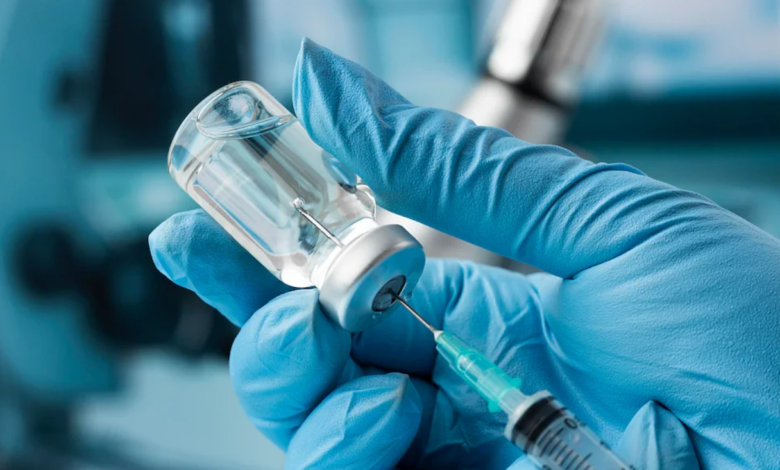First indigenous vaccine for cervical cancer: All you need to know

Early-stage cervical cancer generally produces no signs or symptoms. However, signs and symptoms emerge in more-advanced stage of cervical cancer.
India’s first quadrivalent Human Papillomavirus Vaccine (qHPV) for protection against cervical cancer will be considered by the Subject Expert Committee (SEC) of the drug regulator today. This vaccine has been prepared by Serum Institute of India (SII). The company had submitted an application to the DGCI on June 8 for permission to launch it in the market.
According to ANI, clinical trials of Phase 2 and 3 of this vaccine have been done. If this vaccine is approved, then it will be a big deal for the country. Till now, for the vaccine of cervical cancer, one has to depend on other countries. According to the Financial Express, the government is considering to include this vaccine in the vaccination program.
Under this, these vaccines can be given to girls between the ages of 9 and 14 years to protect them from cancer. Right now the cervical cancer vaccine is available only in private hospitals, that too they are very expensive. One dose of it costs up to Rs 4,000. Awareness among people about this type of cancer is also very less.
What is cervical cancer?
Cervical cancer is a type of cancer that occurs in the cells of the cervix, the lower part of the uterus that connects to the vagina. Various strains of the human papillomavirus (HPV), a sexually transmitted infection, play a role in causing most cervical cancer. When exposed to the virus, the body’s immune system typically prevents the virus from doing harm.
However, in some cases the human papillomavirus survives for years, contributing to the process that causes some cervical cells to become cancer cells. Cervical cancer is a major disease in women. It is the second most common cancer in India after breast cancer in women aged 15 to 44 years.
It damages the cervical cells of women. Cervix is the small part below the uterus. Cancer in the cervix is usually caused by the Human Papilloma Virus (HPV). About 80,000 to 90,000 cases of cervical cancer occur in India every year, which is the highest in the world.
Serum Institute of India (SII) hopes that this indigenous cervical vaccine can be launched in the market by the end of this year. The name of this vaccine is CERVAVAC. It has had a very good effect during the trial, according to some reports. Antibody responses to all HPV viruses have been observed to be 1000 times higher than baseline in women of all ages.
Symptoms of cervical cancer
Early-stage cervical cancer generally produces no signs or symptoms. However, there are signs and symptoms of more-advanced cervical cancer.
1. Vaginal bleeding after intercourse, between periods or after menopause
2. Watery, bloody vaginal discharge that may be heavy and have a foul odor
3. Pelvic pain or pain during intercourse
Types of cervical cancer
Squamous cell carcinoma
This type of cervical cancer begins in the thin, flat cells (squamous cells) lining the outer part of the cervix, which projects into the vagina. Most cervical cancers are squamous cell carcinomas.
Adenocarcinoma
This type of cervical cancer begins in the column-shaped glandular cells that line the cervical canal.
This story has not been edited by News Mania staff and is published from a syndicated feed
Photo: Internet






